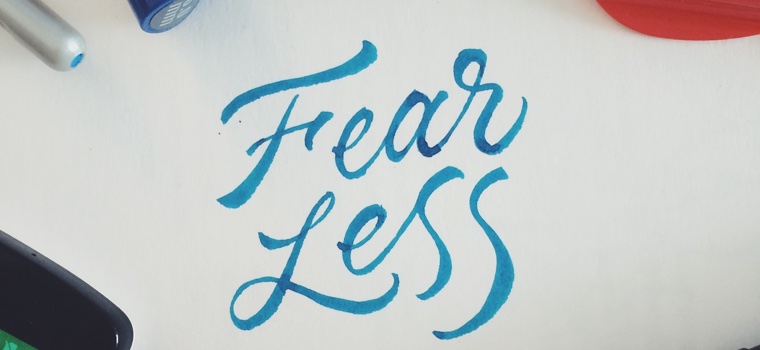
Fear of missing out — or FOMO — is a fascinating thing. Especially when you consider that it’s largely sparked by the digital device you carry around with you.
FOMO was coined by internet entrepreneur Caterina Fake back in 2011. That was (not coincidentally) about a year after social media went fully mainstream.
“Social media has made us even more aware of the things we are missing out on,” Fake wrote in the defining blog post. “You’re home alone, but watching your friends’ status updates tell of a great party happening somewhere.”
It’s right there smack dab in the middle of Maslow’s hierarchy of needs. We need social bonds, belonging, and a sense of connection with others. No problem with that, but up at the peak of the pyramid is self-actualization, which is by definition a solo venture.
So how will you scale that ultimate peak if you’re lugging around the burden of FOMO? In other words, are you really satisfying your need for connection on the way up to your best self, or are you chasing some lesser need?
The drug you’re really missing
You’ve probably heard that social media apps are designed to hook you with hits of dopamine, the feel-good brain chemical that rewards us for taking certain actions. So we reach for the phone to get another hit of what we think is social connection, only to discover status updates that invariably make us feel isolated, despite the chemical bump.
Worse, there’s nothing urgent or important about these notifications, and really no need to take any action at all. You’re simply being manipulated for the worse by technology that’s supposed to improve your life.
The good news is you’ve got the power to ignore the siren call from your back pocket and aim higher. The emotionally intelligent antidote to FOMO is JOMO — the joy of missing out — and it’s easier than you think to flip the switch to access it.
Better living through bliss
We all have it in us to disconnect. It happens naturally when big life changes happen, like the birth of a child or the death of a loved one.
Suddenly, perspective returns, and Becky’s vacation pics on Instagram just aren’t all that urgent.
Similarly, you can choose to ignore impulse distractions, alter your perspective, and settle into present-mind awareness. Instead of seeking a mindless hit of meaningless feel-good from your phone, you can find a way of being that’s way better.
And while we’re at it, we might as well reframe joy, too. After all, much like fear, joy is just a fleeting feeling, and not the fuel you need to propel you to your full potential.
Bliss, on the other hand, is a state of being. Or, as my mediation teacher calls it, “a supreme inner contentedness.”
When you take back your time by just saying no to shallow social media dopamine, you start tapping into your own bliss chemistry. By being more intentional and making conscious choices, you truly get your JOMO rising.
